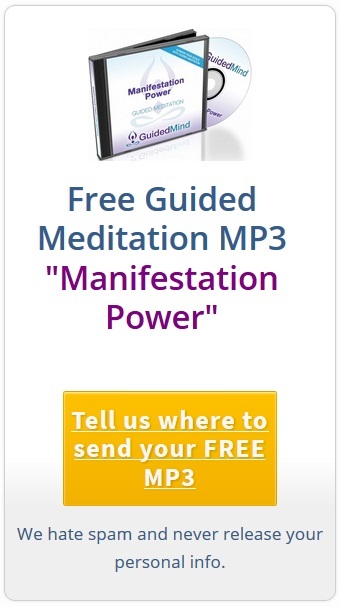Music has a powerful effect on our emotions. It can take you back to an event in your past that holds special meaning. It can make you move your hands and legs uncontrollably to the beat of a disco song. When you're down and in need of encouragement, music lifts your spirits.
What is it about these melodies, harmonies and beats that moves us to action?

Here are 6 Ways in Which Music Makes Our Lives Better.
1. Music affects perception.
Researchers have found that music affects how we perceive our surroundings.
A cheerful tune helps you to look at a problem in a positive manner. You’re more likely to focus on solutions instead of the negatives. Indeed, mindset dictates behaviour and helps choose your course of action. Music is a powerful tool you can use to make better decisions.
2. Music ignites physical responses.

Songs activate our sympathetic nervous system. The heart rate increases, airwaves open and muscles become tense.
That's why stirring, pumping songs are played before a boxing match. It ignites the boxers' drive to win by boosting the body's physical responses. They get a sense of invincibility.
You'll notice adrenalin-inducing music at gyms and fitness classes. When you exercise to a tune, your body coordinates with the beat of the song, and you automatically get a better and a more enjoyable workout.
3. Music touches emotional chords.
Lyrics and melodies arouse emotions dependent on individual experiences. People associate sounds with past life events and when sentimental songs play on the radio, both good and bad memories spring up to mind.
Some songs are tied to events, people or situations from our past. It's this individual link to music and life experience that impels us. There’s a determination to make changes and to learn from past mistakes.
Since you have unique reactions to different genres of music, use this as a tool to encourage progress
. Create different playlists that motivate you in different situations.
4. Music inspires love.

Studies into birds singing link music to our natural drive to reproduce and survive.
Male birds use birdsong to attract a female. This taps into regions of the brain associated with rewards and emotions. In the same way, a love song stirs our desires for romance, companionship, and mutual love and affection.
Most couples have "their song." It drew them together and it inspires them to strengthen and grow their relationship. These emotions encompass humans' natural inclination to reproduce, ensuring the survival of our species.
5. Music heals.
Music certainly influences our outlook on the world around us and the challenges we face.
Another study by Japanese researchers linked music with physical health benefits too.
In their tests, Mozart's compositions contributed to lower blood pressure through better dopamine synthesis in the brain. They concluded that music's link to dopamine could rectify symptoms of certain diseases.
6. Music helps us to focus.

When your energy levels are low, you start to lose focus. Music draws your attention by disengaguing brain signals that make you tired and bored, increasing neural activity to focus on the task at hand with ease.
A word of caution: If you overplay your favourite songs, their ability to pump you up diminishes. The same playlist on repeat will have minimal effect because the brain predicts the next zap of energy.
Set your music player to shuffle. The unexpected jolt of the next track encourages the release of dopamine. This is a neural chemical responsible for pleasurable reward.
Music invigorates us and heals us. When the pressures mount and hopelessness starts to set in or when you just want to pump yourself up, turn on your favourite tunes. They will help you pay attention, drive you to succeed, and power your spirit forward.

